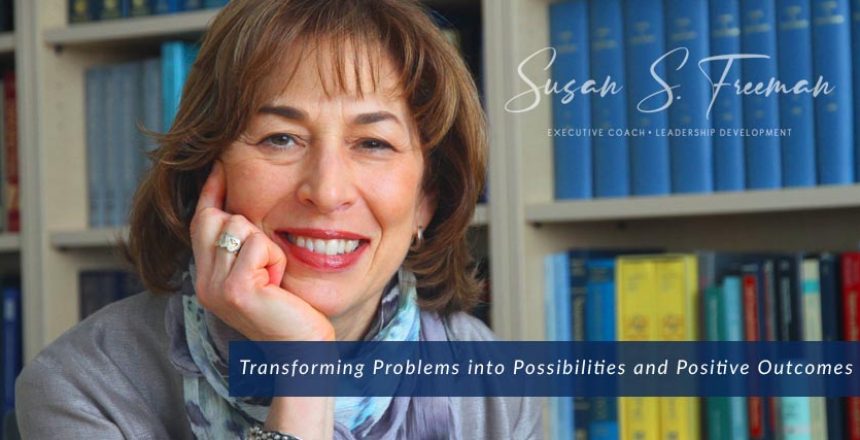Summer is more than half over. By now, many of us have already planned or even taken vacations. Surprisingly however, a new survey from Censuswide on behalf of LinkedIn found that more than 50% of U.S. working adults didn’t use all of their vacation days last year. When they do vacation, 70% say that they have a hard time disconnecting from work, mainly because they’re worked form getting behind.

The survey showed that when people don’t take a vacation, they feel:
- overwhelmed (58%)
- disorganized (21%)
- creative at work (3%)
The impact of the above is likely also contributing to low levels of worker engagement. Gallup’s State of the American Workplace 2016 survey found that workers are “not in the least bit happy with the way they are managed or told to work.” Consider the following:
- Only 33% of US workers are engaged, a figure that has remained largely unchanged since it was reported back in 2014. Improvements in employee engagement have been sluggish to say the least, and the cost to companies remains staggering
- Gallup believes that unengaged employees cost companies between $480-$600 billion a year in lost productivity
- What’s worse is that unengaged employees can be toxic because they have the ability to turn customers away, too.
So, is the answer to take vacation? Yes, but what type of vacation is most helpful?

According to Todd Kashdan, in the Harvard Business Review, you should aim to “get out of your comfort zone, expose yourself to uncertainty, and eschew rest for exploration and learning. The result is personal growth — greater emotional agility, empathy, and creativity.” According to Kashdan, “this type of vacation will:
- Develop an enhanced ability to not react immediately to emotions, but to observe those that arise, carefully collect information to understand the possible causes, then intentionally decide how to manage them
- Improve your ability to “direct attention and energy, which helps us function effectively in diverse situations and display appropriate verbal and nonverbal signals of emotion. Visiting more countries (breadth) or greater immersion into the local culture (depth) enhanced these effects, and they remained after the study subjects returned home. By spending time in unfamiliar towns, cities, or countries, you become tolerant and even accepting of your own discomfort and more confident in your ability to navigate ambiguous situations.
- Beyond-the-usual vacations promote creativity. A study of 46 Dutch workersfound that after going on an international holiday for two to three weeks, they were able to generate more and more-diverse ideas for alternative ways to use everyday objects, such as bricks, tires, spoons, and pencils. Researchers in Singapore have likewise found that greater exposure to other cultures through traveling, having international friendships, studying languages, and consuming music and food from other countries is linked to unconventional problem solving.”
Step Up Leader invites all leaders to Step Up to vacations that expand possibilities to replenish your wellspring of creativity, innovation, and productivity. Go take that needed vacation!

